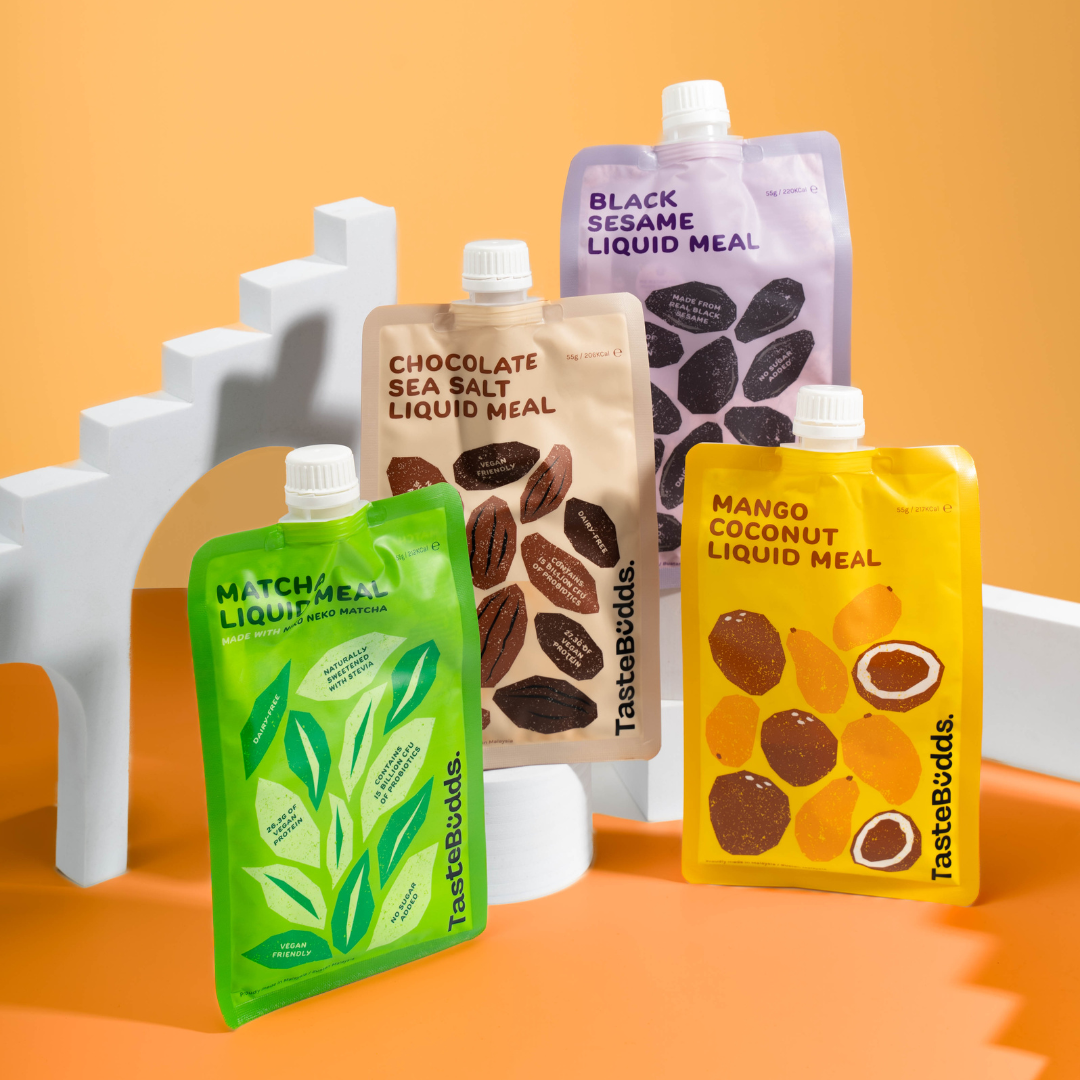
The History and Popularity of Black Tea
Black tea is among the most beloved teas globally, with a rich history spanning centuries. If you’re a tea enthusiast, you might find it fascinating to learn about the origins of this delightful beverage and how it has become integral to cultures around the world.

Black tea is produced from the leaves of the Camellia sinensis plant, which is native to Asia. The process involves picking, withering, rolling, and oxidizing the leaves before drying them. This gives black tea its unique flavor and dark color. Though now enjoyed worldwide, black tea was first consumed in China before spreading to countries like India, Sri Lanka, and Kenya.
A Historical Overview

The history of black tea dates back to the Ming Dynasty in China around 1590. The first black tea, Lapsang Souchong, was made in the Wuyi Mountains of Fujian province. Initially known as red tea in the mid-17th century, it added variety to the previously exclusive consumption of green and oolong teas.
The introduction of black tea in Fujian province was somewhat accidental. An army from Jianxi camped near a tea factory, delaying production and causing the tea leaves to oxidize and turn dark red. To expedite drying, a farmer used a pine wood fire, creating the smoky Lapsang Souchong. This method laid the foundation for black tea’s development in China and beyond.
The Rise in Popularity
Black tea's popularity grew during colonial times, spreading to Western countries and their colonies. The Dutch introduced black tea to Europe in 1610, and it arrived in England by 1658. It soon gained popularity in England’s American colonies during the 1700s.

England's increased sugar imports from Caribbean colonies boosted tea consumption, with per capita consumption reaching 2.5 pounds of tea to 17 pounds of sugar by the 1800s. In the same period, the discovery of the Camellia sinensis assamica plant in India’s Assam region in 1823 was a major milestone. This plant produced a robust black tea, driving demand and leading to the establishment of tea gardens in India’s Darjeeling region.
Black tea varieties became popular exports to England, symbolizing wealth and status. Princess Catherine introduced black tea to the British palace, where it became a staple.
In the United States, black tea dominates the market, accounting for 90% of tea sales. Scientific research has enhanced its flavor and health benefits, showing minimal negative effects on consumers. Countries like Sri Lanka and Kenya have also joined China and India in producing black tea, contributing to its global appeal.
Varieties of Black Tea
Black tea comes in numerous varieties, each with different caffeine levels, strengths, and origins. Assam, from Northeast India, is strong and full-bodied, often paired with milk. It is a staple in Irish and English breakfasts.
Ceylon, from Sri Lanka, is aromatic, refreshing, and citrusy, commonly used in iced tea. Other varieties include Darjeeling, Yunnan, Earl Grey, Keemun, and Lady Grey.
Growing and Processing Black Tea

Black teas come from the Camellia sinensis plant, but differ in processing. Black tea leaves are fully oxidized, giving them their color and flavor. Oxidation also adds malty, fruity, and smoky notes.
There are two main processing methods for black tea: Orthodox and Non-Orthodox.
The Orthodox method is time-consuming, keeping leaves whole or partially broken. Leaves are withered to reduce moisture, then rolled to initiate oxidation.
The Non-Orthodox method, or Crush-Tear-Curl (CTC), cuts leaves into fine pieces, simplifying oxidation and producing a consistent black tea.
Global Black Tea Market
The global black tea market is growing due to its rising popularity and the introduction of various flavors to meet diverse consumer preferences.
Did You Know?
TasteBudds has a black tea too and we called it Sultan's Choice Black Tea. This tea is designed to elevate your tea-drinking experience, crafted from the finest Vietnamese Highland tea leaves. Sultan's Choice Black Tea promises sophistication with every sip, delivering an unmatched flavor journey. Immerse yourself in the essence of nature's best with TasteBudds' premium teas.

Sultan's Choice Black Tea provides a bold, medium-bodied brew with earthy undertones and delicate floral and woody notes. Each cup is a sensory delight, offering a taste fit for royalty. For added indulgence, try it with a splash of milk to enhance its richness.
Fuel Your Day with Sultan's Choice Black Tea:
- Only 7.2 kcal per serving
- Minimal carbohydrates (1.3g) and protein (0.4g), making it a guilt-free indulgence.
- Negligible fat content (<0.1g), allowing you to enjoy its decadent flavor without compromise.
- Crafted from 100% Vietnamese Highland Black Tea, Sultan's Choice Black Tea offers pure, authentic flavor. Hand-selected leaves transport you to the picturesque landscapes of the Vietnamese Highlands with every sip.
Elevate your tea experience with Sultan's Choice Black Tea. Whether you seek tranquility in a morning cup, a luxurious start to your day, or a comforting evening brew, let the essence of Vietnamese Highland tea leaves envelop your senses. Indulge in the harmony of nature's finest offerings and embark on a journey of tea-drinking excellence with TasteBudds' exquisite teas.
Enjoyed this post? Subscribe to our email list for more tips and updates from TasteBudds.

